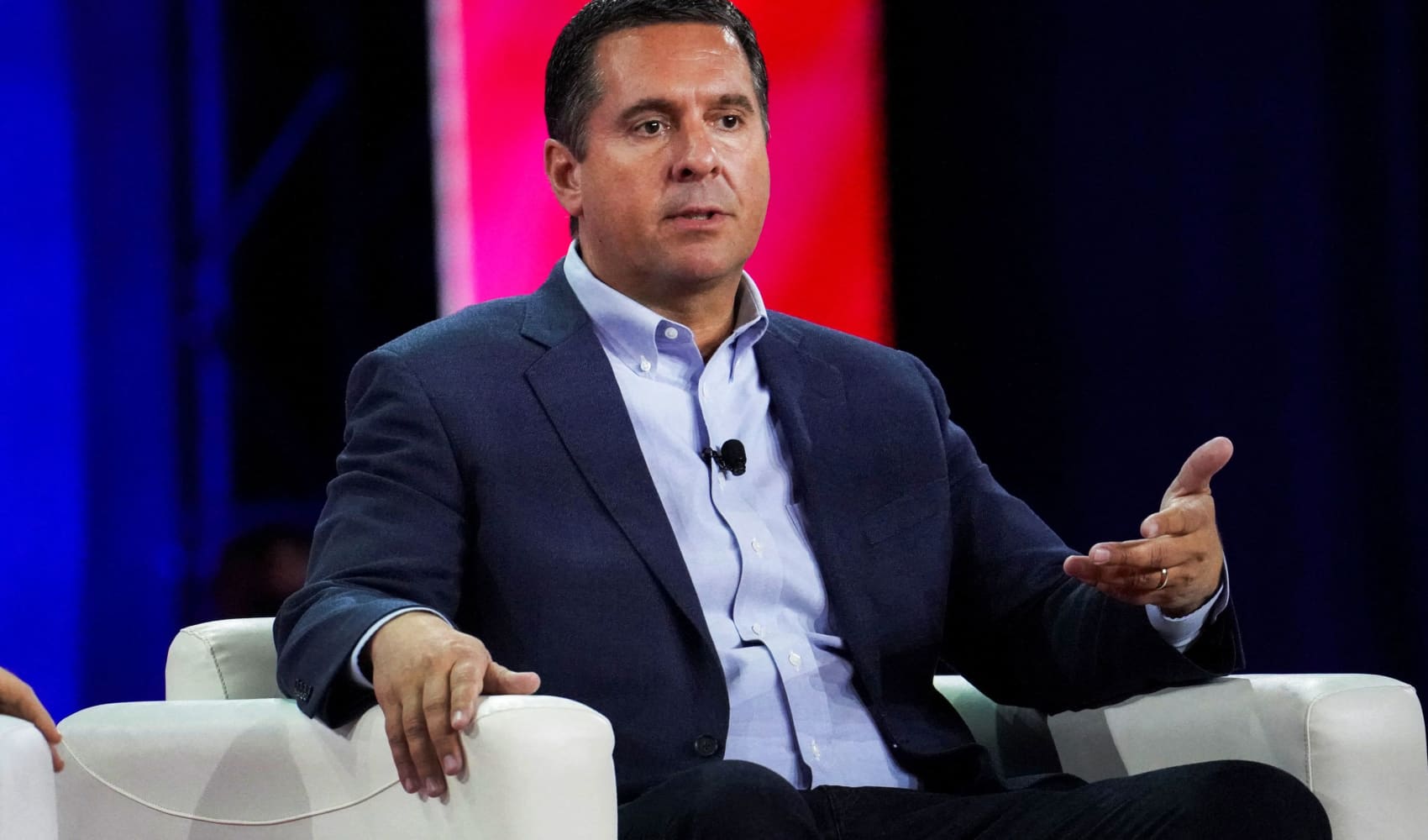
- Dave Clark, CEO of Amazon's worldwide consumer business and a top lieutenant of Andy Jassy, will resign July 1 after 23 years at the company, Amazon announced in a regulatory filing Friday.
- Clark joined Amazon in May of 1999 in its operations division and quickly rose through the ranks, serving as a key force behind the expansion of its logistics and fulfillment network.
- Amazon did not name a replacement for Clark, who said in a note to employees, that "it's time for me to build again."
Dave Clark, CEO of Amazon's worldwide consumer business and a top lieutenant of CEO Andy Jassy, will resign July 1, after 23 years at the company, Amazon announced in a regulatory filing Friday.
Amazon did not name a replacement for Clark. In a blog post announcing his exit, Jassy said Amazon is in the process of firming up a succession plan for Clark, and will announce an update "over the next few weeks."
"The past few years have been among the most challenging and unpredictable we've faced in the history of Amazon's Consumer business, and I'm particularly appreciative of Dave's leadership during that time," Jassy said.
Get DFW local news, weather forecasts and entertainment stories to your inbox. Sign up for NBC DFW newsletters.
In a tweet, Clark said he felt it was the right time to leave Amazon.
"As much as I have loved the ride, it is time for me to say goodbye to start a new journey," Clark said in an email to employees, which he shared on Twitter. "For some time, I have discussed my intent to transition out of Amazon and with my family and others close to me, but I wanted to ensure the teams were set up for success. I feel confident that time is now."
Money Report
Clark is one of a handful of the most important executives at Amazon, overseeing the company's sprawling retail business, and a member of Jassy's S-Team, a tight-knit group of over a dozen senior executives from almost all areas of Amazon's business. He took over the role in 2020 after Jeff Wilke stepped down.
As CEO of Amazon's worldwide consumer business, Clark oversees a number of key units, including online stores, physical stores, the marketplace of third-party sellers, and the Amazon Prime subscription business, all of which generated more than 75% of Amazon's revenue in the quarter ended March 31.
Amazon's retail unit experienced explosive growth during the coronavirus pandemic amid an overall e-commerce boom, but the business has started to show some cracks in recent quarters. In April, Amazon said revenue increased 7% in the first quarter, compared with 44% expansion in the year-ago period.
On Friday, Jassy said Amazon is focused on improving its consumer business, a sentiment he echoed at the company's annual shareholder meeting last week. He told shareholders Amazon is "working hard" to bring costs down and improve profitability in its retail business.
Clark joined the company's operations division in 1999 and quickly rose through the ranks. He is credited with scaling Amazon's fulfillment and logistics programs, which have become the backbone of its retail business. His sharp eye for identifying weaknesses in its logistics operations earned him the nickname internally of "The Sniper," Bloomberg reported.
Clark is the latest member of Bezos' former inner circle to exit the company. Wilke, who was head of the consumer business and viewed as a potential successor to Bezos, announced his departure in 2020 and stepped down last year. Steve Kessel, who built the original Kindle and then took over the physical stores division, told employees in late 2019 that he was leaving.
Clark is among Amazon's highest paid executives. He received total compensation last year of $56 million, up from $46.3 million in 2020. Almost all of it was in the form of stock awards, as his annual salary is just $175,000.
In 2021, Clark and Jassy were granted special long-term restricted stock tied to their promotions. Clark was issued 16,000 shares of restricted stock that were set to vest annually through 2025.
Just last week, Amazon shareholders narrowly approved the company's executive compensation plan for top execs. Two investor advisory firms had recommended stakeholders reject the plan, saying it was excessive and not reflective of company performance. Only 56% of shareholders voted to approve the compensation packages, down from 81% the prior year.






